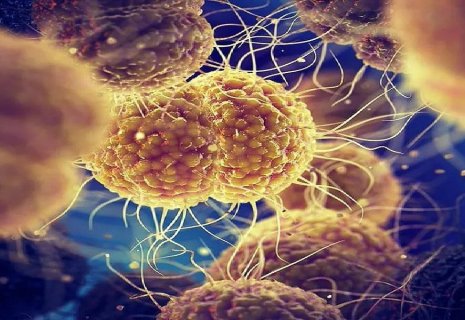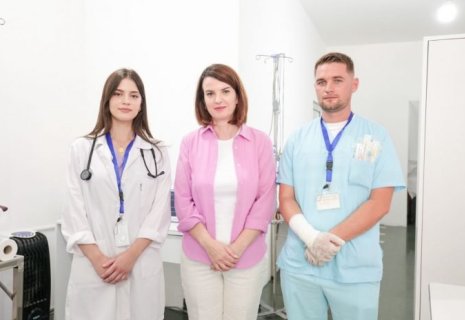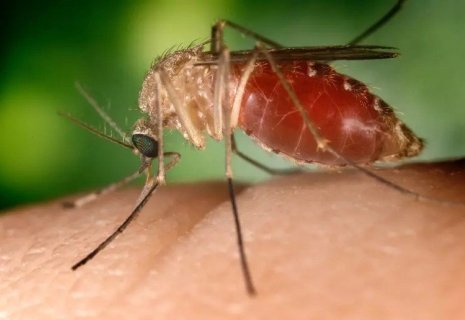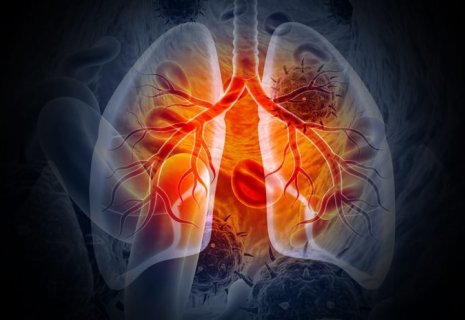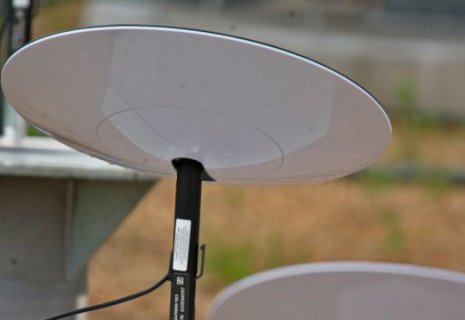
Early Signs of Thyroid Dysfunction You Shouldn’t Ignore
The thyroid, a condition affecting thousands of people, plays a crucial role in daily life, but what is it and what is its function?, writes melarossa.it.
The thyroid is a vital gland for your health because it acts as a control center, regulating key organs and functions in our body, such as metabolism and the cardiovascular system, through the production of thyroid hormones, CE Report quotes ATA.
Symptoms of an underactive or overactive thyroid, such as hypothyroidism, hyperthyroidism, Hashimoto's thyroiditis, or goiter, can cause many problems, including weight gain or loss, difficulty losing weight, insomnia, nervousness, and tachycardia.
Diet can play an important role, and following specific nutritional plans, such as a hypothyroidism diet, can be very helpful.
What are the warning signs that something might be wrong with your thyroid? How can a proper diagnosis be made, and what tests are needed?
Thyroid: What It Is and Its Function
The thyroid is a small, butterfly-shaped endocrine gland located at the base of the neck, in front of the trachea. It consists of two lobes joined by a thin tissue bridge called the isthmus.
Its primary function is the production of thyroid hormones: thyroxine (T4) and triiodothyronine (T3), which regulate metabolism, influencing energy levels, body temperature, and the activity of organs such as the heart and muscles.
The thyroid uses iodine, an essential mineral obtained through diet, and tyrosine, an amino acid found in proteins, to synthesize hormones. Iodine is part of the T3 and T4 hormone structure, while tyrosine is the starting point for their formation.
Hormone production is regulated by the pituitary gland through TSH (thyroid-stimulating hormone), which maintains balanced thyroid hormone levels.
Adequate iodine intake and a healthy endocrine system are essential for proper thyroid function.
Thyroid Diseases: Symptoms
The most common thyroid diseases, which can lead to an enlarged thyroid (goiter or thyroid nodules), include hyperthyroidism, hypothyroidism, and autoimmune thyroiditis such as Hashimoto’s.
Hyperthyroidism
If the thyroid is overactive and produces excessive hormones, the diagnosis is hyperthyroidism. This condition is associated with an accelerated metabolism. Typical symptoms include:
-
Weight loss
-
Nervousness
-
Insomnia
-
Excessive sweating
-
Tachycardia
In hyperthyroidism, energy is lost as heat, which can raise body temperature and increase sweating.
Hypothyroidism
If the thyroid is underactive, producing too little hormone, the diagnosis is hypothyroidism. Typical symptoms include fatigue, poor concentration, feeling cold, drowsiness, and weight gain.
Hypothyroidism, which slows down overall body functions, is often accompanied by swelling of the eyes, hands, and feet, especially in the morning.
Thyroid Nodules
Thyroid nodules are abnormal growths within the thyroid. They can be solid or fluid-filled (cysts) and are mostly benign. However, they should be monitored as a small percentage can be malignant.
Often, nodules cause no symptoms and are discovered incidentally during routine exams or neck ultrasounds. When present, symptoms may include:
-
Swelling or visible enlargement at the base of the neck
-
Pressure or discomfort in the thyroid area
-
Difficulty swallowing or breathing
-
Changes in voice, such as hoarseness
If nodules affect thyroid function, signs of hyperthyroidism (rapid heartbeat, weight loss, anxiety) or hypothyroidism (fatigue, weight gain, dry skin) may appear.
A complete medical examination, which may include ultrasounds, hormone levels, and, if necessary, fine-needle aspiration, is essential to determine the nature of the nodule and select the most appropriate treatment.
Thyroid Dysfunction: Treatments
Thyroid health is essential, so disorders such as hypothyroidism and hyperthyroidism may require personalized therapy, accurate diagnosis, and targeted interventions.
Medication Therapy
-
Hypothyroidism: Levothyroxine is the standard treatment for thyroid hormone deficiency. Replacement therapy restores hormonal balance and prevents complications.
-
Radioactive Iodine Therapy: This option is used to destroy thyroid cells in persistent hyperthyroidism cases or to eliminate residual thyroid tissue after tumor removal.

